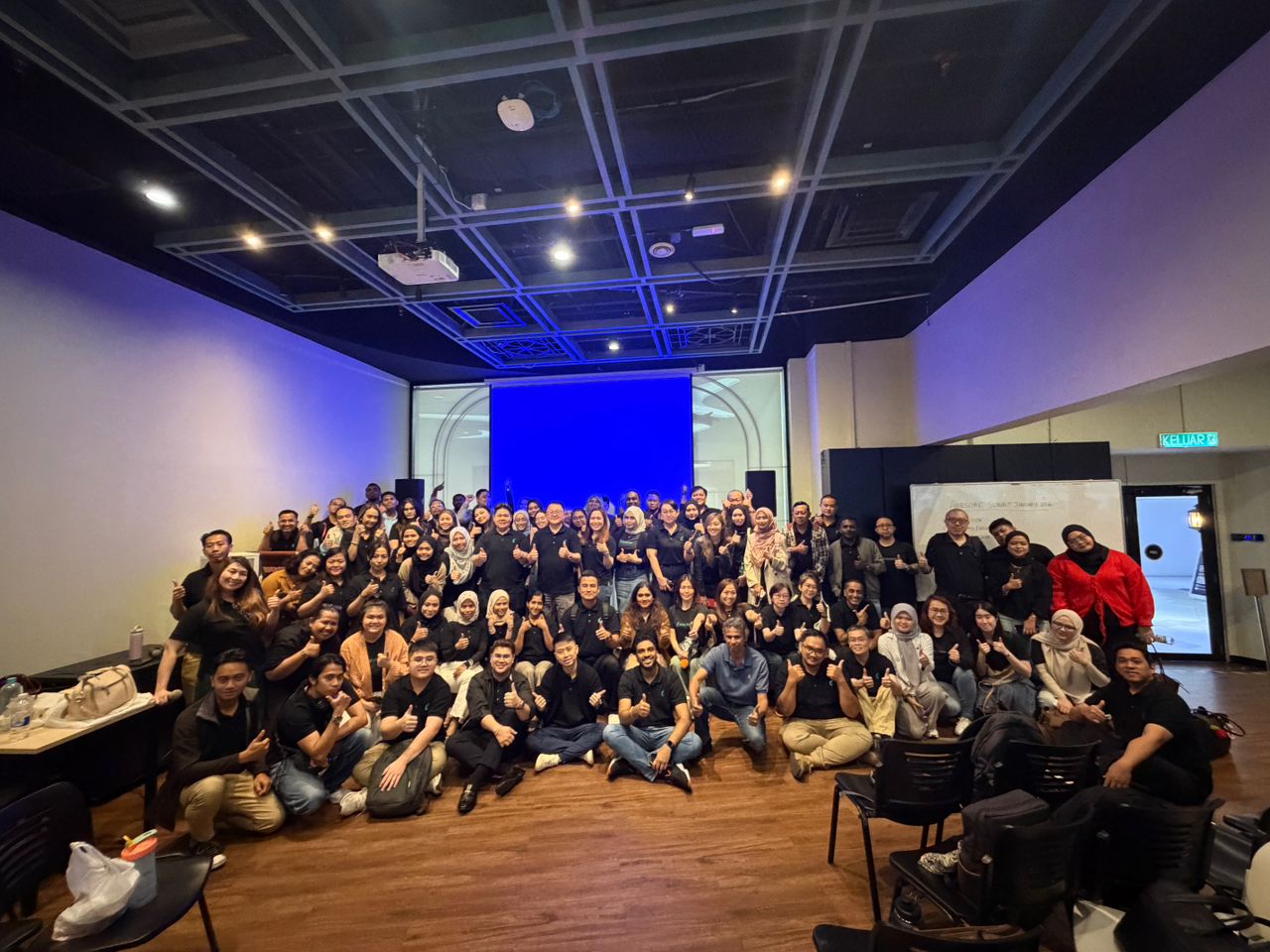Are you a crucial decision maker for your organisation? If so, are you aware of your team’s digital competencies? What indicators do you rely on to measure their performance and ability to meet your organisational growth and contribute to its expansion efforts and exponential growth? Do your new hires match the desired talent pool required to help organisations thrive in today’s AI-driven economy?
These are some vital questions you should ponder upon in today’s increasingly digitalised age. Within the next five years, 85 million jobs will be replaced by AI, while 97 million jobs will be created because of it.
While an additional 12 million jobs will be created due to advancements in AI, current and future employers are looking towards skills-based hiring, emphasising on a talent pool that is proficient in generative artificial intelligence (GAI) or AI (artificial intelligence).
Skills-based hiring on the rise
According to the 2024 Accelerating AI Skills Reportby AWS, over 9 out 10 (93%) employers expect to use Generative AI tools on the job by 2029. However, the same report revealed that 81% of Malaysian employers struggle to find the AI talent they need.
There is also a growing emphasis on skills-first hiring in Malaysia, with technical skills and transferable skills becoming more important than formal education and years of experience in some sectors.
Within the next three to five years, more than 600,000 Malaysian workers must undergo reskilling training to remain relevant in the increasingly competitive job market, according to Science, Technology, and Innovation Minister Chang Lih Kang.

Why retraining is important within the next five years
As an employer, your employees look up to you to provide them with the training grounds to meet the demands of an AI-driven business environment. According to the Sun, 55% of employees in a surveyhave expressed the need for clear guidance on future skills. 23% of the respondents said accessible learning programmes are also a top priority.
A further 14% mentioned that financial support for training was significant, and 8% of employees said they needed more time and resources for upskilling. Getting your employees up to speed and agile to deal with the various curveballs and challenges that an AI-driven job market will bring can be a tall order.
If you’re stuck on how to navigate this challenging situation, turning to a people development solutions provider is a good starting point to ensure that your workforce is adaptable to meet the rising demands of an increasingly digitalised business environment.
People development solution providers work closely with government bodies and agencies, as well as reputed industry partners, to provide upskilling opportunities for the current and future workforce and address the skills gap and mismatch between employer expectations and talent pool competencies.
That said, let’s explore four ways that people development solution providers bridge the digital skills gap in Malaysia.
#1 Offering targeted upskilling and reskilling programmes
People development solution providers provide curated programmes that are meticulously crafted to address your organisation’s industry demands and specific business needs. By conducting thorough skills gap analysis, people development specialists can pinpoint the exact digital competencies that are lacking within a workforce.
For Malaysian businesses grappling with AI and digital skills talent shortage, these programmes can be instrumental to their organisational growth. The programmes that highlight the digital skills gap include generative AI applications, big data analytics, cloud computing, cybersecurity, and other relevant sought-after digital skills.
The curriculum designed in these programmes combine both practical and hands-on components, ensuring that your employees do not just soak in theoretical knowledge, but also apply their newfound knowledge in a real-life setting.
#1 Offering targeted upskilling and reskilling programmes
People development solution providers provide curated programmes that are meticulously crafted to address your organisation’s industry demands and specific business needs. By conducting thorough skills gap analysis, people development specialists can pinpoint the exact digital competencies that are lacking within a workforce.
For Malaysian businesses grappling with AI and digital skills talent shortage, these programmes can be instrumental to their organisational growth. The programmes that highlight the digital skills gap include generative AI applications, big data analytics, cloud computing, cybersecurity, and other relevant sought-after digital skills.
The curriculum designed in these programmes combine both practical and hands-on components, ensuring that your employees do not just soak in theoretical knowledge, but also apply their newfound knowledge in a real-life setting.
#3 Investing in soft skills development
While technical digital skills are undoubtedly critical in today’s economy, the importance of soft skills should not be overlooked. People development solution providers recognise this and often integrate soft skills development into their programmes.
Skills such as critical thinking, problem-solving, communication, collaboration, and adaptability are essential for navigating the complexities of a digital work environment and working effectively with AI tools.
As AI takes over routine tasks, uniquely human skills become even more valuable. For instance, while Generative AI (GAI) can generate reports, the ability to interpret those reports critically and communicate the findings effectively to stakeholders remains a human skill.
By investing in soft skills development alongside technical training, these providers ensure that the workforce is well-rounded and can leverage digital tools effectively. This holistic approach helps bridge the skills gap by preparing individuals to not only use technology but also to thrive in a technologically advanced workplace.
#4 Leveraging technology for accessible learning
Technology itself plays a vital role in bridging the digital skills gap, and people development solution providers are adept at leveraging it to make learning more accessible and engaging.
They often utilise gamified learning, interactive modules, and other engaging techniques to deliver programme material. These technologies can cater to different learning styles and allow employees to learn at their own pace and convenience.
Accessible learning programmes that offer a flexible learning mode can be achieved by partnering with a people development solutions provider. These include microlearning programmes as well as a learning management system (LMS) app that tracks, measures, and evaluates learner progress.
By harnessing the power of technology, people development solution providers can scale their impact and reach a wider audience, effectively tackling the gap in digital skills across various industries and regions in Malaysia.
Partner with a people development solutions provider to bridge the digital skills gap in your organisation
The digital skills gap is a pressing issue that demands immediate and strategic action. People development solutions providers are at the forefront of addressing this challenge by offering target upskilling, fostering lifelong learning, soft skill programmes, and leveraging technology for accessible education.
Get in touch with a people development solutions providerto bridge the gap in digital skills within your organisation.





